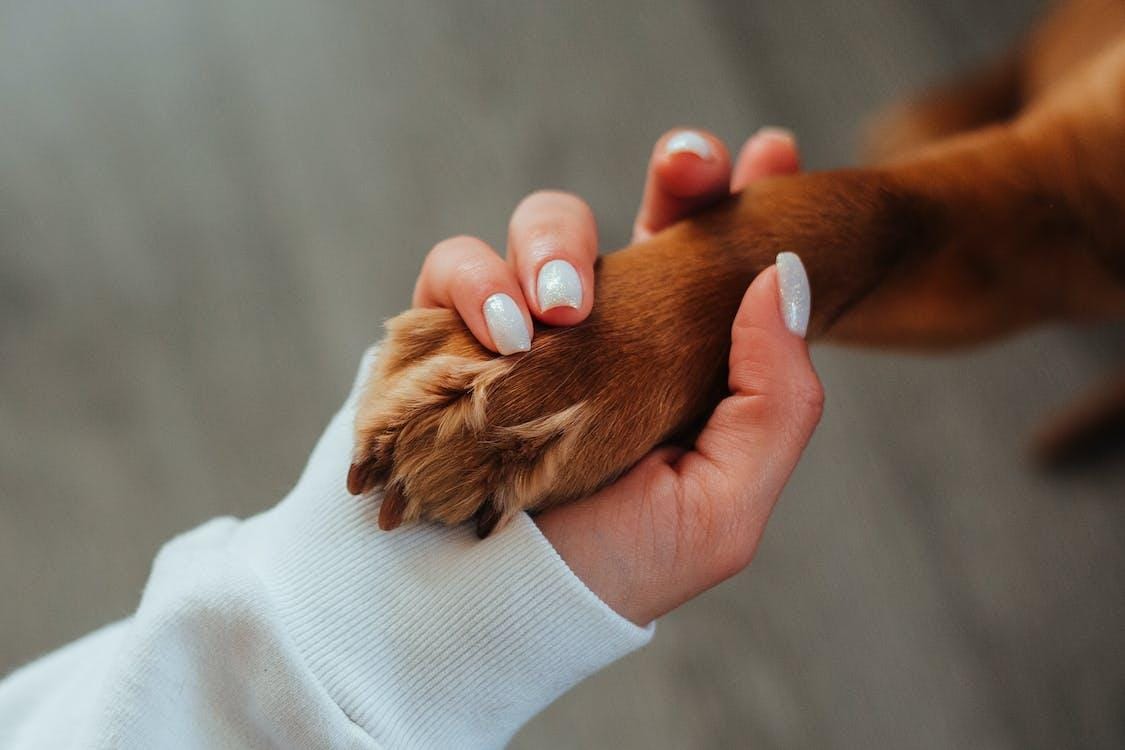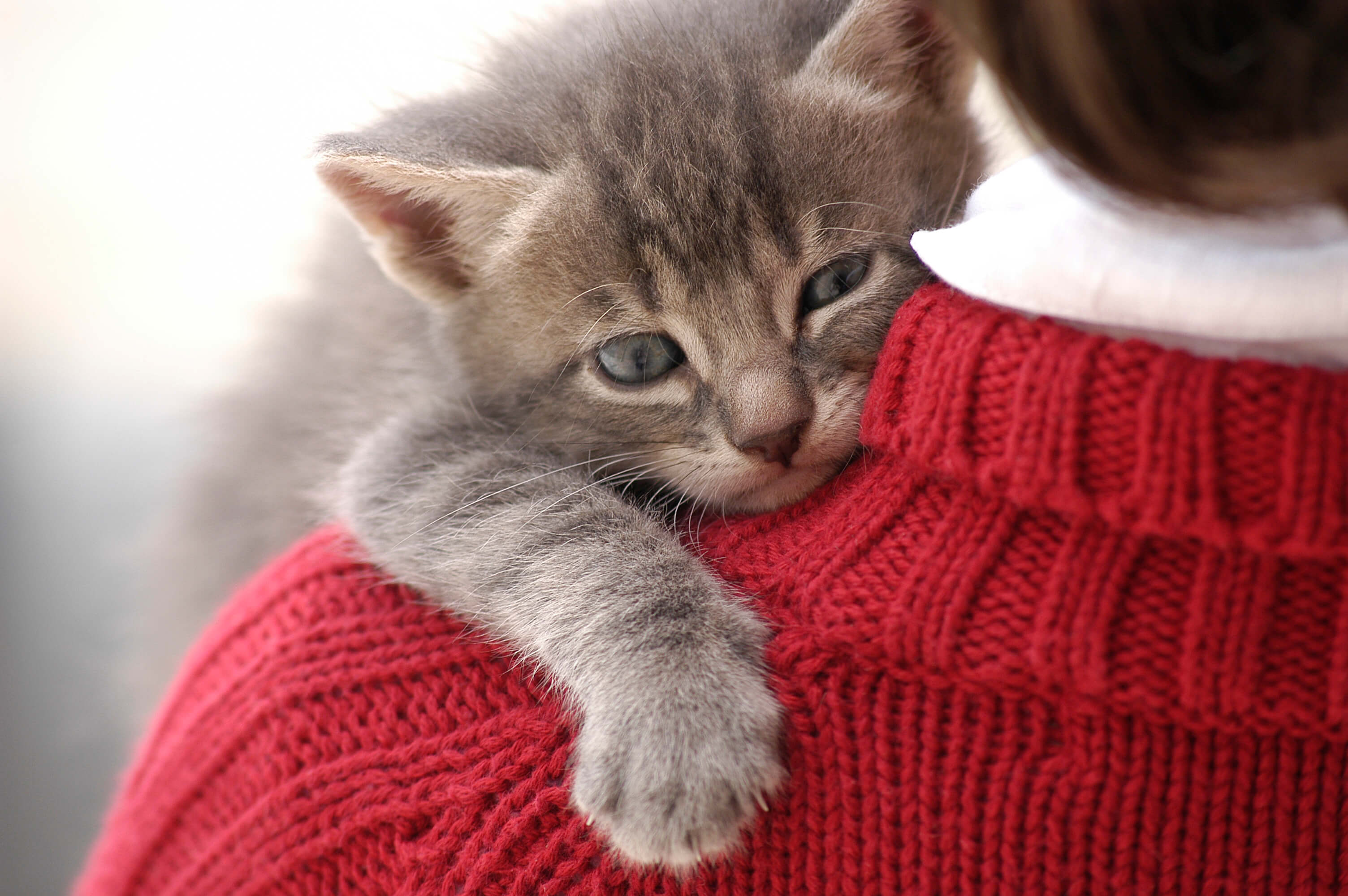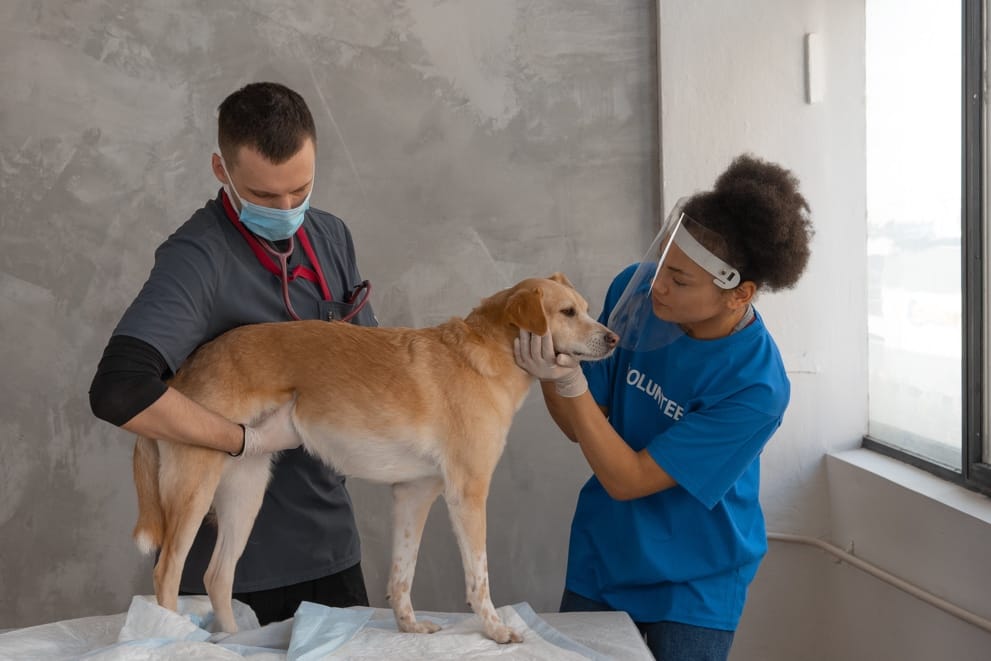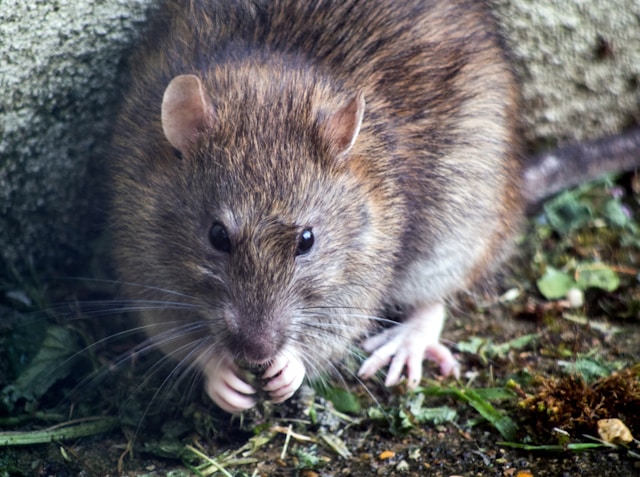All Pet Health Articles

Osteoarthritis in Dogs
Osteoarthritis, also known as degenerative joint disease, is a condition that happens when the cartilage in your joints wears down over time. This can make movement painful and stiff, and it usually becomes more common as people get older.

Dog Sunburns
Even though your dog's fluffy coat helps shield them from the elements, it doesn't do much to protect them from the sun's powerful UVB and UVA rays.

Arthritis and Cats
Cats are experts at hiding their age and any discomfort they might feel, which can make it tricky for even the most observant owners to notice when something’s wrong. Small changes in their behavior can be easy to overlook.

5 Non-Conventional Treatments & Alternative Therapies for Dogs
Natural healthcare and alternative therapies for pets have been growing in popularity. More pet owners are exploring holistic options to keep their furry friends happy and healthy.

Essential Information for Pet Owners Regarding Rabies
Movies like Old Yeller and Cujo have shaped the common belief that animals with rabies always foam at the mouth and turn violently aggressive, attacking anything or anyone that crosses their path.

Leptospirosis and Pets
Leptospirosis, or "lepto" as vets often call it, is a serious illness that can feel a lot like the flu. It mostly affects pets, especially dogs, and if it's not treated in time, it can be life-threatening.
Get insurance plans with wide-ranging coverage options






